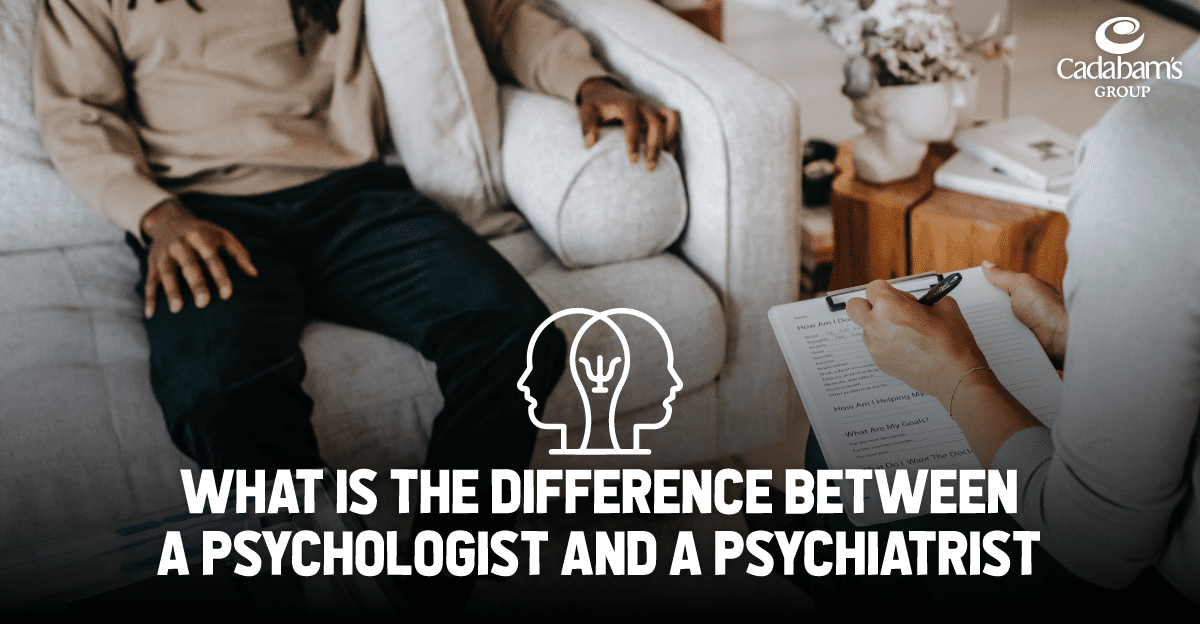Why the Best Psychologist in Delhi Can Change Your Mental Well-Being
Why the Best Psychologist in Delhi Can Change Your Mental Well-Being
Blog Article
The Duty of Psych Treatment in Taking Care Of Anxiousness and Clinical Depression
Psychotherapy has actually arised as a foundation in the administration of stress and anxiety and anxiety, providing tailored interventions that range from Cognitive-Behavioral Treatment (CBT) to mindfulness-based strategies. These strategies not just help individuals in determining and restructuring adverse idea patterns yet likewise foster present-moment awareness, minimizing the tendency to ruminate. As we discover the different dimensions of psychotherapy, it comes to be obvious that these techniques do more than merely reduce signs and symptoms; they dramatically improve emotional regulation and social skills - Best Psychologist in Delhi. What remains to be checked out is just how these restorative strategies can be properly tailored to fulfill private needs, therefore enhancing their impact.
Comprehending Anxiousness and Depression
Recognizing anxiety and anxiety needs a thorough consider these widespread psychological health conditions, which often exist side-by-side and substantially effect a person's daily life. Anxiety is defined by relentless, too much concern and are afraid concerning everyday situations. Symptoms include restlessness, fast heart rate, and problem concentrating. On the other hand, clinical depression shows up as a prevalent sensation of sadness, vacuum, or unhappiness, commonly gone along with by a loss of rate of interest in previously delighted in activities, adjustments in cravings, and rest disturbances.
The coexistence of stress and anxiety and clinical depression can complicate and aggravate signs medical diagnosis and treatment. People experiencing both problems may experience extra serious signs and symptoms, greater disability in job-related and social functioning, and a longer period of illness. This comorbidity requires a nuanced understanding and strategy to treatment.
Neurobiological aspects such as neurotransmitter imbalances, hereditary proneness, and environmental stressors add to the growth and maintenance of these disorders. Moreover, cognitive patterns like adverse thinking and maladaptive habits can continue these problems. Comprehending the detailed interaction of these factors is important for reliable treatment. Comprehensive analysis by mental health experts is important to recognize the presence and level of these problems, leading the way for tailored therapeutic methods.
Types of Psychotherapy
Psychotherapy, additionally referred to as talk treatment, includes a variety of treatment modalities made to alleviate symptoms of anxiety and clinical depression by resolving the underlying emotional and psychological concerns. Various kinds of psychotherapy are customized to fulfill the unique demands of people, supplying a variety of strategies to mental healthcare.
One extensively used type is psychodynamic treatment, which concentrates on understanding and fixing subconscious conflicts originating from early life experiences. By discovering these deep-seated issues, patients get insight into their existing behavior and mood.
Interpersonal Therapy (IPT) is one more effective technique that focuses on improving interpersonal relationships and social functioning to reduce depressive signs. It generally resolves concerns such as despair, role shifts, and social conflicts.
Humanistic treatments, such as Client-Centered Treatment, stress individual development and self-actualization. Best Psychologist in Delhi. These methods create a supportive environment where individuals can discover their feelings and develop a stronger sense of self
Last But Not Least, Dialectical Behavior Modification (DBT) incorporates cognitive-behavioral techniques with mindfulness practices. Originally created for borderline personality condition, DBT has been adjusted to treat anxiousness and depression by teaching abilities in distress resistance, psychological regulation, and social performance.
These varied psychotherapeutic methods supply numerous pathways to mental health and wellness and well-being, accommodating healing needs and specific choices.
Cognitive-Behavioral Therapy (CBT)
Among the numerous psychotherapeutic techniques, Cognitive-Behavioral Therapy (CBT) sticks out for its organized, ambitious method in dealing with anxiousness and clinical depression. Established by Aaron T. Beck in the 1960s, CBT is based on the idea that maladaptive thinking patterns contribute dramatically to emotional distress and behavior issues. By identifying and reorganizing these unfavorable idea patterns, CBT aims to ease signs and foster healthier cognitive procedures.
CBT is usually short-term, covering 12 to 20 sessions, and includes a collaborative initiative between therapist and patient. The therapy incorporates a variety of techniques, including cognitive restructuring, exposure therapy, and behavioral activation. Cognitive restructuring focuses on testing and modifying distorted cognitions, while exposure therapy gradually accommodates patients to anxiety-provoking stimuli, reducing avoidance habits. Behavioral activation seeks to increase involvement in gratifying activities to counteract depressive states.
Empirical evidence highlights the effectiveness of CBT, with countless researches showing its performance in reducing symptoms of anxiousness and clinical depression. This healing method has been adjusted for numerous populaces and look at more info setups, verifying flexible and adaptable. Its structured nature, empirical assistance, and concentrate on skill procurement make CBT a foundation in the read this article psychotherapeutic treatment of anxiousness and anxiety.
Mindfulness-Based Methods
Mindfulness-Based Strategies have amassed considerable interest in recent years as effective treatments for anxiousness and depression. Rooted in old meditation methods, these strategies aim to cultivate a heightened understanding of the here and now moment, which can assist individuals disengage from the ruminative idea patterns frequently related to anxiousness and depressive problems.

Similarly, Mindfulness-Based Cognitive Therapy (MBCT) integrates principles from Cognitive-Behavioral Therapy (CBT) with mindfulness strategies. MBCT is especially effective in avoiding relapse in individuals with reoccurring anxiety. By recognizing early indication of depressive episodes, people learnt MBCT can apply mindfulness methods to minimize the start of full-on episodes.
Benefits of Psychiatric Therapy
Many research studies check have actually shown the extensive advantages of psychotherapy for people grappling with stress and anxiety and depression. One of the vital benefits is the improvement of emotional guideline. Psychiatric therapy outfits patients with coping methods to manage distressing feelings, therefore decreasing signs and symptoms of anxiety and clinical depression. Cognitive-behavioral therapy (CBT), for example, aids individuals recognize and test adverse thought patterns, cultivating a more well balanced and favorable outlook.
In addition, psychiatric therapy offers a structured setting for self-exploration and understanding. By reviewing their experiences and feelings with a skilled specialist, individuals can reveal underlying issues adding to their psychological health struggles. This self-awareness is a crucial step towards lasting recovery and strength.
One more significant advantage is the enhancement of interpersonal abilities. Stress and anxiety and clinical depression frequently strain relationships, leading to isolation. Through restorative interventions, people find out effective interaction and conflict-resolution abilities, which can boost their communications and foster supportive partnerships.
In addition, psychotherapy supplies a tailored method to treatment. Eventually, the advantages of psychotherapy extend beyond sign alleviation, contributing to general well-being and top quality of life.

Conclusion
Psychiatric therapy dramatically contributes to the management of anxiousness and anxiety by using efficient coping methods and a secure environment for self-exploration. Techniques such as Cognitive-Behavioral Therapy (CBT) and mindfulness-based methods are instrumental in recognizing and restructuring adverse idea patterns, while advertising present-moment understanding. These tailored interventions not just reduce symptoms yet likewise boost psychological regulation and interpersonal abilities, thereby improving general wellness and lifestyle for individuals facing these psychological health and wellness challenges.
Psychotherapy has actually emerged as a cornerstone in the monitoring of stress and anxiety and depression, using customized treatments that vary from Cognitive-Behavioral Treatment (CBT) to mindfulness-based methods.Understanding stress and anxiety and depression requires a detailed appearance at these widespread mental health conditions, which usually exist together and substantially effect a person's day-to-day life.Among the various psychotherapeutic techniques, Cognitive-Behavioral Therapy (CBT) stands out for its organized, ambitious technique in treating stress and anxiety and depression.Many researches have demonstrated the extensive advantages of psychiatric therapy for people grappling with stress and anxiety and depression. Psychiatric therapy equips individuals with coping methods to take care of traumatic emotions, consequently lowering signs and symptoms of stress and anxiety and anxiety.
Report this page